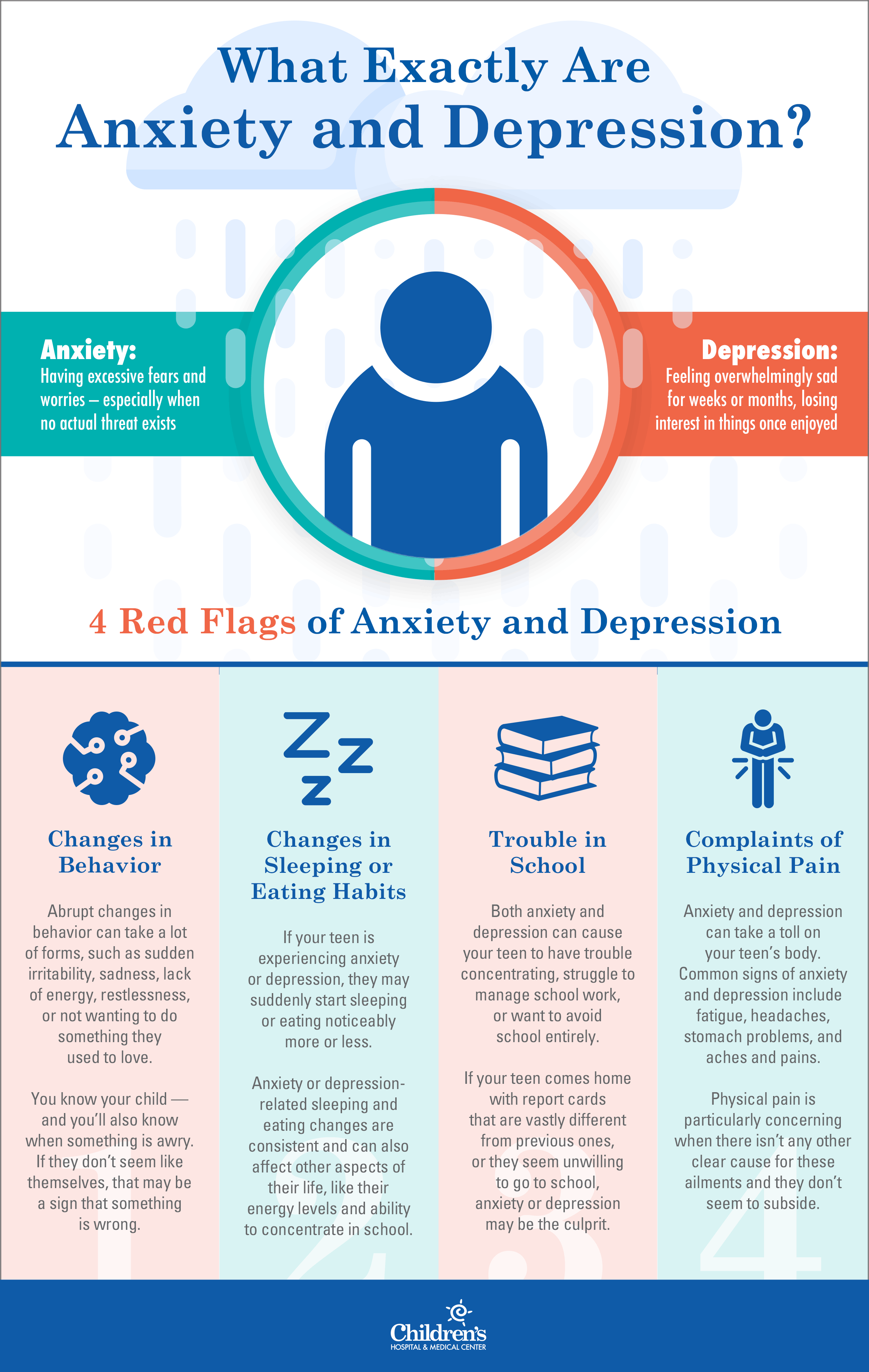From slammed doors to snarky responses to a sudden need for extra alone time, teenagers can often act emotional and moody. The constant ebb and flow of feelings is common among teens, considering all of the emotional and physical changes they’re going through.
Sometimes, though, a teen’s emotions can go beyond moodiness and enter into depression or anxiety — both of which are common and also on the rise in the US.
In the US, nearly 1 in 3 teens will experience anxiety disorder by the time they turn 18, and almost 3 million teens have diagnosed depression. At the height of the COVID-19 pandemic, there was a 100% increase in insurance claims for any mental health disorder among teens 13 to 18 years old.
Unfortunately, roughly 80% of children with an anxiety disorder and 33% of teens with depression are not getting treatment.
By identifying anxiety and depression — and getting your teen the support they need — you can help them manage their mental health both now and in the future.

Communication, Support, and Letting Your Teen Be a Teen
Certain red flags of anxiety and depression will be easy to notice, but other red flags are more subtle. That’s why it’s crucial to keep a dialogue about mental health going in your household. Ask your teen how they’re doing, and actually listen to them when they share.
If you notice signs of anxiety or depression — or they express concerns themselves — talk to your child’s pediatrician about treatment options and how you can support them.
Are you concerned your teen might be experiencing anxiety or depression? Contact their pediatrician to discuss treatment options and other forms of support.
NEW: Adolescent Medicine at Children’s

Have you heard the news?
Children’s Physicians has always treated adolescent patients. But to even further meet the unique needs of this age group, we have opened a new department focused solely on adolescent medicine.